Holly Barker is a freelance writer specializing in biology, medicine and psychology. She has a Ph.D. in clinical neuroscience from King’s College London in the United Kingdom and a B.Sc. degree in biochemistry from the University of Manchester. She has previously written for Discover and BioNews. She is based in London.
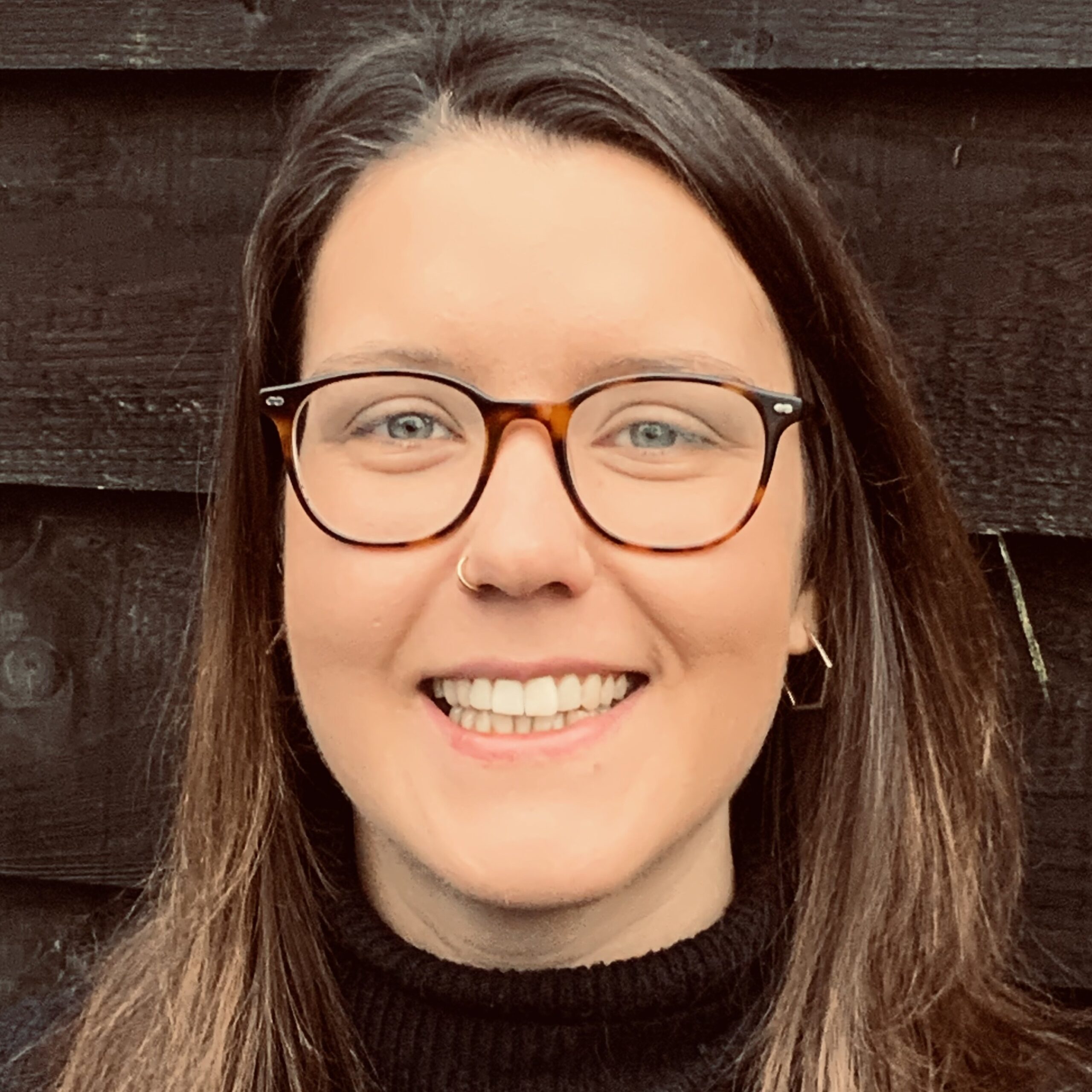
Holly Barker
Contributing writer
From this contributor
New ‘decoder’ tool translates functional neuroimaging terms across labs
The compendium of brain-parcellation atlases makes it possible to compare large-scale network data, which often involves different and overlapping network names.
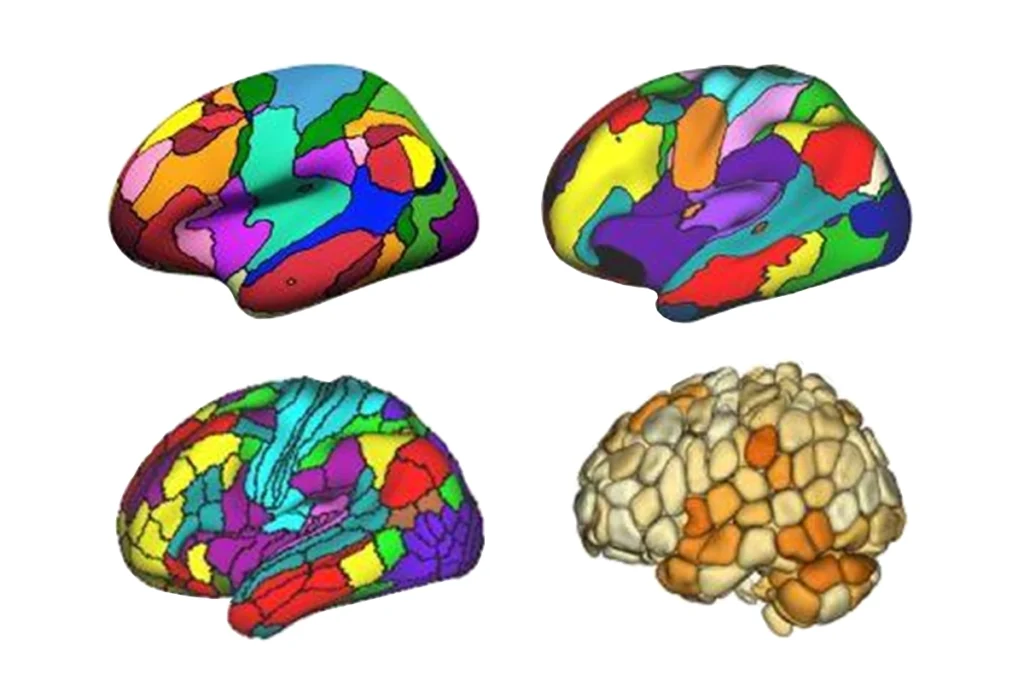
New ‘decoder’ tool translates functional neuroimaging terms across labs
Brain organoid size matches intensity of social problems in autistic people
Overgrown organoids could point to mechanisms underlying profound autism.
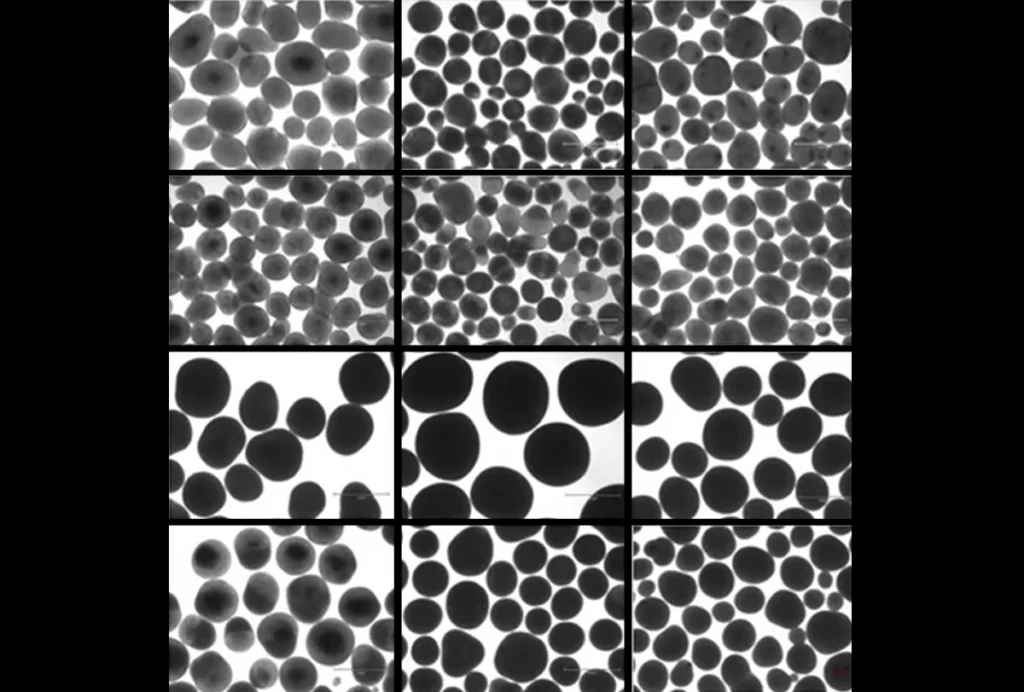
Brain organoid size matches intensity of social problems in autistic people
Connectivity takes U-turn in people with rare autism-linked mutations
Patterns of brain connectivity shift during puberty in people with deletion of the 22q11.2 chromosomal region.
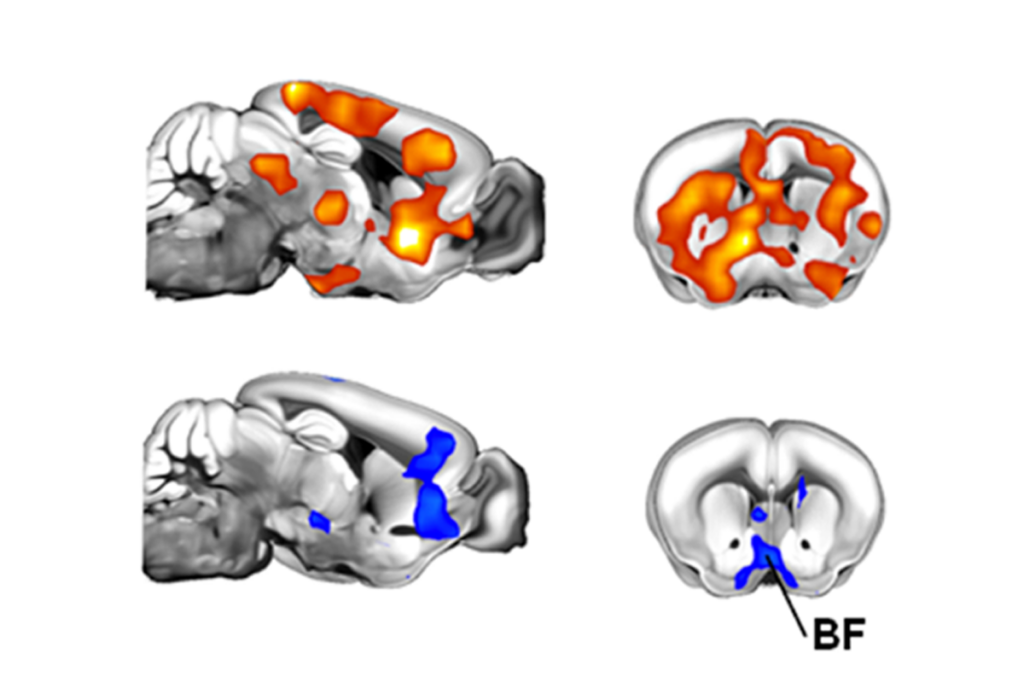
Connectivity takes U-turn in people with rare autism-linked mutations
Neurons making memories shush their neighbors
When neurons strengthen their synapses, they “infect” surrounding cells with a virus-like protein to weaken those cells’ excitatory connections, according to a new preprint.
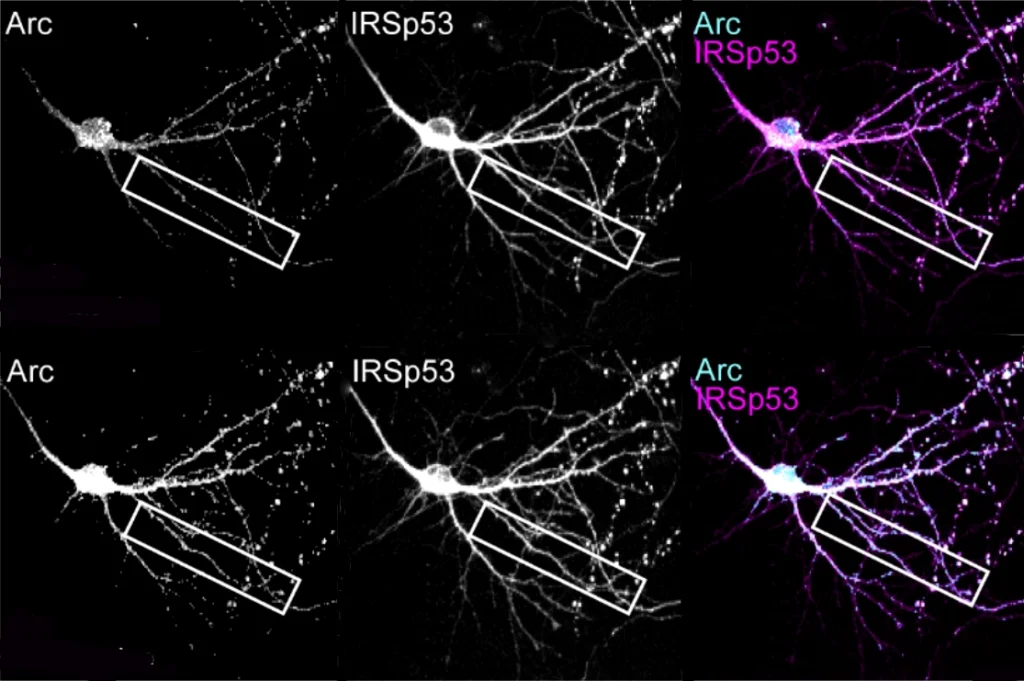
Neurons making memories shush their neighbors
Microglial overreaction to atypical neurons may drive autism
In mice and organoids lacking a neuronal protein, microglia prune synapses to excess.
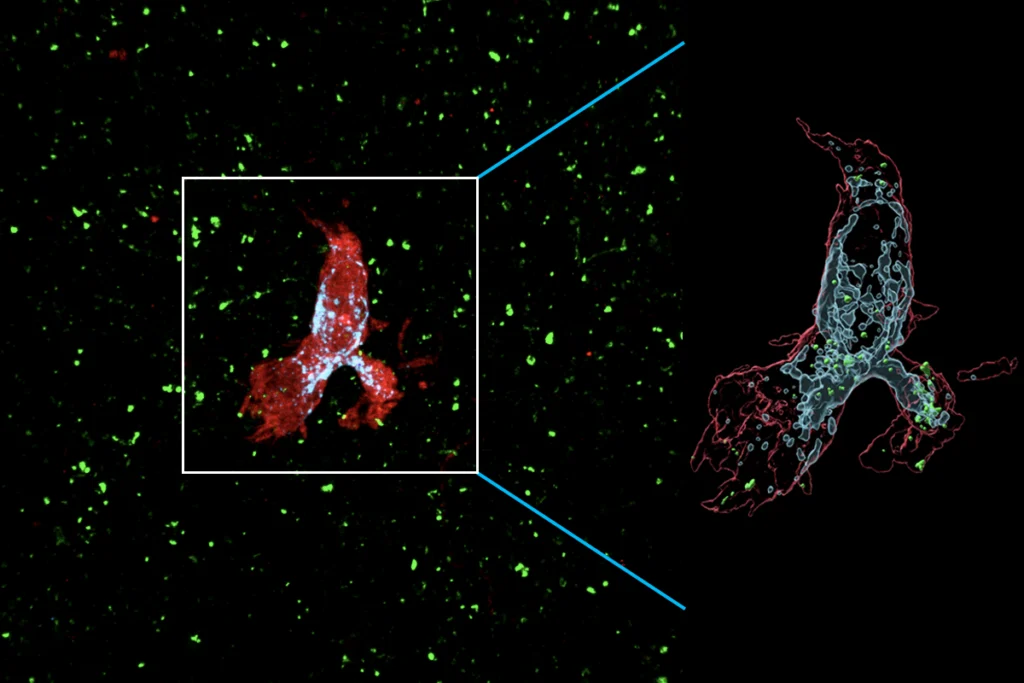
Microglial overreaction to atypical neurons may drive autism
Explore more from The Transmitter
New connectomes fly beyond the brain
Researchers are mapping the neurons in Drosophila’s ventral nerve cord, where the central nervous system meets the rest of the body.

New connectomes fly beyond the brain
Researchers are mapping the neurons in Drosophila’s ventral nerve cord, where the central nervous system meets the rest of the body.
Building an autism research registry: Q&A with Tony Charman
A purpose-built database of participants who have shared genomic and behavioral data could give clinical trials a boost, Charman says.

Building an autism research registry: Q&A with Tony Charman
A purpose-built database of participants who have shared genomic and behavioral data could give clinical trials a boost, Charman says.
Cerebellar circuit may convert expected pain relief into real thing
The newly identified circuit taps into the brain’s opioid system to provide a top-down form of pain relief.

Cerebellar circuit may convert expected pain relief into real thing
The newly identified circuit taps into the brain’s opioid system to provide a top-down form of pain relief.